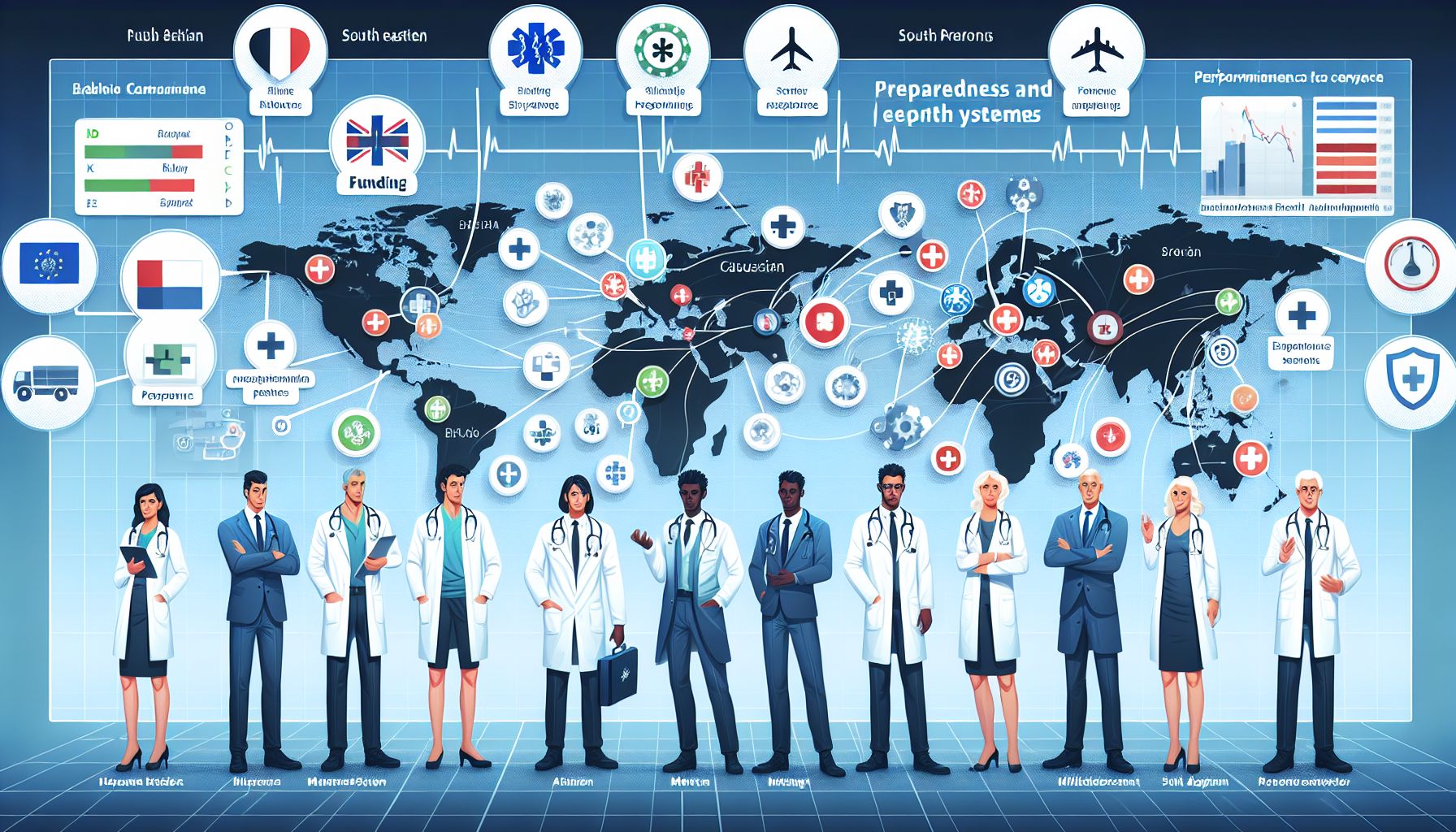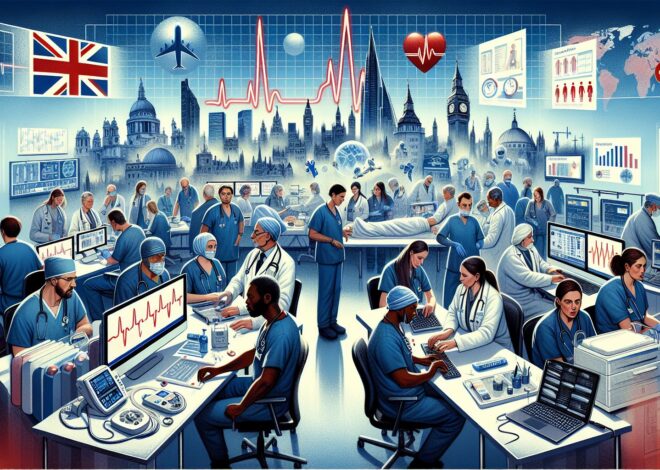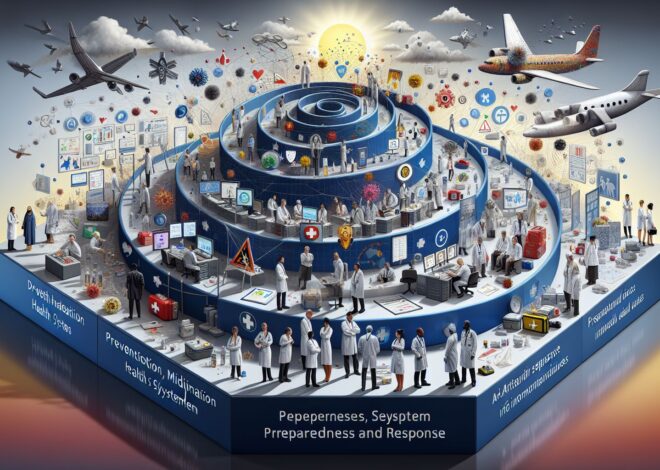
The Preparedness and Response of European Health Systems
The outbreak of the COVID-19 pandemic has put immense pressure on healthcare systems worldwide, including the European health systems. The ability of these systems to respond effectively to public health emergencies has been put to the test, highlighting both strengths and weaknesses in preparedness and response. In this blog post, we will explore how health professionals, policymakers, and concerned citizens can work together to strengthen the preparedness and response of European health systems.
Health Professionals
Health professionals are on the front lines of any public health crisis, and their role in preparedness and response is crucial. Training and education are key components of preparedness, ensuring that healthcare workers have the knowledge and skills needed to respond effectively to emergencies. Continuous training on infection control measures, triage protocols, and emergency response plans is essential to ensure that healthcare professionals are ready to tackle any situation that arises.
Additionally, health professionals must be supported with adequate resources and equipment to do their jobs effectively. This includes access to personal protective equipment, testing kits, and medical supplies. By investing in the well-being of healthcare workers, European health systems can ensure that they have the capacity to respond to public health emergencies in a sustainable manner.
Policymakers
Policymakers play a crucial role in shaping the preparedness and response of European health systems. It is essential for policymakers to invest in public health infrastructure, including healthcare facilities, laboratories, and surveillance systems. By strengthening these systems, policymakers can ensure that healthcare workers have the tools they need to respond effectively to emergencies.
In addition, policymakers must prioritize coordination and communication between different levels of government and healthcare organizations. Collaboration between local, regional, and national authorities is essential to ensure a unified response to public health emergencies. By establishing clear lines of communication and sharing information in a timely manner, European health systems can enhance their ability to respond effectively to crises.
Concerned Citizens
Concerned citizens also have a role to play in strengthening the preparedness and response of European health systems. By following public health guidelines and staying informed about the latest developments, citizens can help prevent the spread of infectious diseases and reduce the burden on healthcare systems. Simple actions, such as practicing good hand hygiene, wearing masks, and getting vaccinated, can have a significant impact on public health outcomes.
Furthermore, citizens can advocate for policies that support public health and healthcare infrastructure. By engaging with policymakers and raising awareness about the importance of preparedness, concerned citizens can help ensure that European health systems are resilient in the face of future challenges.
In conclusion, the preparedness and response of European health systems are key to effectively managing public health emergencies. Health professionals, policymakers, and concerned citizens all have a role to play in strengthening these systems and ensuring that they can respond effectively to crises. By working together and investing in preparedness, European health systems can build resilience and protect the health and well-being of their populations.



